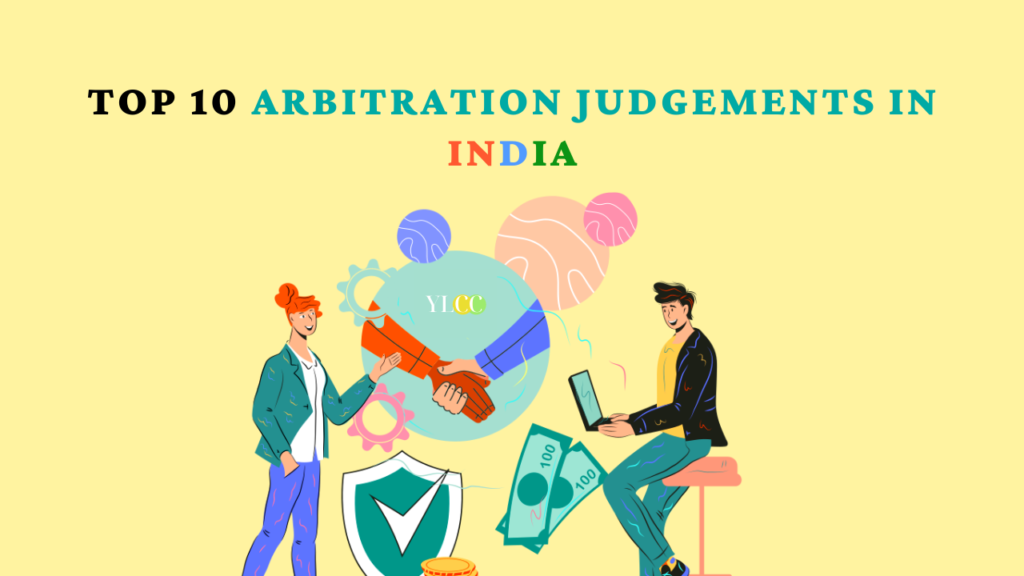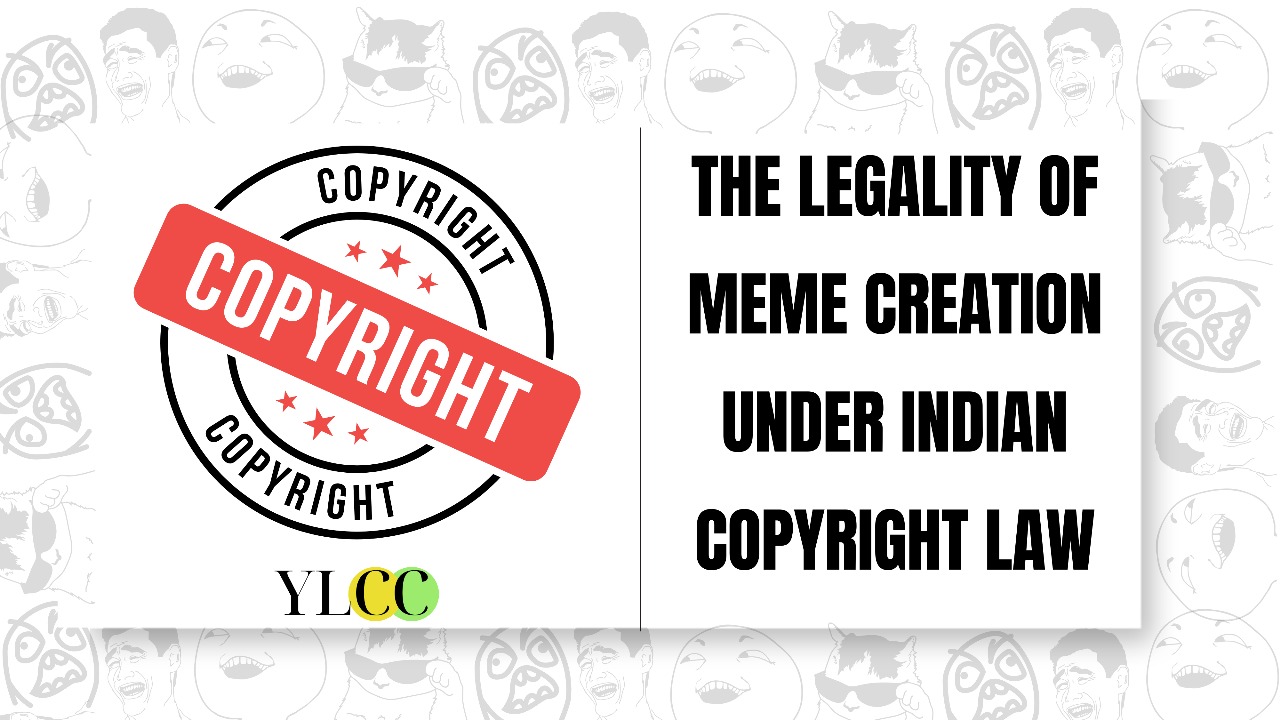
Arbitration is one of the most popular alternate dispute resolution techniques. The process of arbitration is inexpensive and saves the hassle of lengthy procedure of court trials. However, arbitration or other dispute resolution methods can only be resorted to in civil lawsuits. For arbitration proceeding to take place the parties to dispute must consent upon a common arbitrator or a penal of arbitrators. After a proper hearing called ‘discovery’, the arbitrator comes to the conclusion and gives the arbitral award which is final and binding on all parties to dispute.
- UNION OF INDIA VS. PUNJAB COMMUMINATIONS (2003 (2) ARBLR 604 HP)
In this case the amount of compensation to be paid by one party to another was not specified by the arbitrator and the decision made in the arbitration proceeding was ambiguous and beyond enforceable. Hence an application was made to the court and the arbitral award was set aside under section 34(2) of the Arbitration and Conciliation Act, 1996.
- DULAL PODDA VS. EXECUTIVE ENGINEER, DONA CANAL DIVISION (Appeal (civil) 4269 of 2002)
In this case an arbitrator was appointed at the request of the appellant of the dispute without giving any official notice to the respondent. As a result an ex-parte decision was made in favour of the appellant. The court on appeal made by the respondent party to set aside the arbitral award as per section 34(2) of the Arbitration and Conciliation Act, 1996 observed that an ex-parte degree awarded by the Arbitration tribunal is illegal. Therefore, the arbitral award was set aside.
- MRS. HEMA KHATTAR AND ANR. VS. MR. SHIV KHERA (AIR 2017 SC 1793)
Under section 8 of the Arbitration and Conciliation Act, 1996 any authorised judicial entity has the power to refer parties to arbitration where there is an arbitration agreement between the parties. In the aforesaid case it was observed by the Supreme Court that following an appeal made under section 8 of the Act for arbitration for dispute resolution, no Civil Court has the judicial authority to entertain a suit in the same case. It was further entailed that denial to refer the issue to arbitration amounted to failure of justice and caused irreparable damage to deft as well.
- ANIL & OTHERS VS. RAJENDRA & OTHERS ( 2015 AIR (SCW) 373)
In this case it was held that even if an application for arbitration is pending before a judicial authority under section 8(1) of the Arbitration and Conciliation Act of 1996, under section 8(3) of the Act, the parties to dispute are allowed to commence and continue arbitration. Following which the Arbitral Tribunal is authorised to pass an award regarding the dispute.
- SHAILESH DHAIRYANWAN VS. V. MOHAN BALKRISHNA LULLA ( 2016 (3) SCC 619)
Appointment of arbitrator is made in accordance with the arbitration agreement between the parties to dispute. In this case it was laid out that if the arbitration agreement does not provide for a particular prohibition or debarment in dealing with the dispute by a substitute arbitrator then the concern Court of law is empowered to appoint any suitable substitute arbitrator for the benefit of the parties.
- M/S. CENTROTRADE MINERALS & METAL INC. VS. HINDUSTAN COPPER LTD. (AIR 2017 SC 185)
As per section 35 of the Arbitration and Conciliation Act, 1996 an arbitral award shall be final and binding to all parties of dispute until and unless it is set aside by a competent court of law. In the afore mentioned case it was stated that the parties to dispute do not have the right to jointly enter into an agreement to appeal for a procedure to review or reconsider the arbitral award by another panel or arbitrator if they are not satisfied by the award given by the original arbitrator.
- BHATIA INTERNATIONAL VS. BULK TRADING S.A AND ANOTHER ( (2002)4 SCC 105)
In this case parties to an international commercial contract had agreed to an arbitration proceeding in accordance with ICC, Paris. The arbitration was to be held in Paris, France. The foreign party to dispute in order to get a favourable award applied through section 9 of the Arbitration and Conciliation Act, 1996 for interim award in an Indian Court.
However, according to the Arbitration and Conciliation Act of 1996 any appeal made under section 9 for interim relief is not maintainable if the arbitration is seated outside the jurisdiction of India. Consequently the claim was found to not maintainable in any Indian Court of law.
- RENUSAGAR POWER ELECTRIC COMPANY VS. GENERAL ELECTRIC COMPANY (1987 SCC (4) 137)
In accordance with section 34(2)(b)(ii) of the Arbitration and Conciliation Act, 1996 an arbitral award may be set aside if it went against the public policy of India. In the said case the court of law laid down that a foreign award shall not be enforced if it went against i.) the elementary policies of Indian law ii.) the interests of India or iii.) morality and justice. The guidelines given in this case were followed in various other cases as well.
- ASSOCIATE BUILDERS VS. DELHI DEVELOPMENT AUTHORITY ( CIVIL APPEAL NO. 10531 OF 2014)
In this case the court observed that to take a judicial approach to any arbitral award requires the award to be reasonable and fair. The court found the basis of the award given to be irrelevant evidence hence the said award was set aside. Additionally, the Supreme Court established the grounds of public policy on the basis of which an arbitral award can be set aside. These are :-
- Fundamental policy of India
- Contrary to morality or justice
- Contrary to interest of india
- Patent illegality
- ONGC VS. SAW PIPES LTD. (Appeal (civil) 7419 2001 of 518)
The Apex Court held that while exercising its jurisdiction the arbitral tribunal cannot violate any provisions of a substantive law or any of the provisions under the Arbitration and Conciliation Act, 1996. Moreover, the Supreme Court broadened the scope of public policy and maintained that a foreign arbitral award shall not be enforced if it went against patent illegality in addition to the grounds and conditions mentioned in the Renusagar case.
YLCC would like to thank Nandinee Sharma for her valuable inputs in this article.







